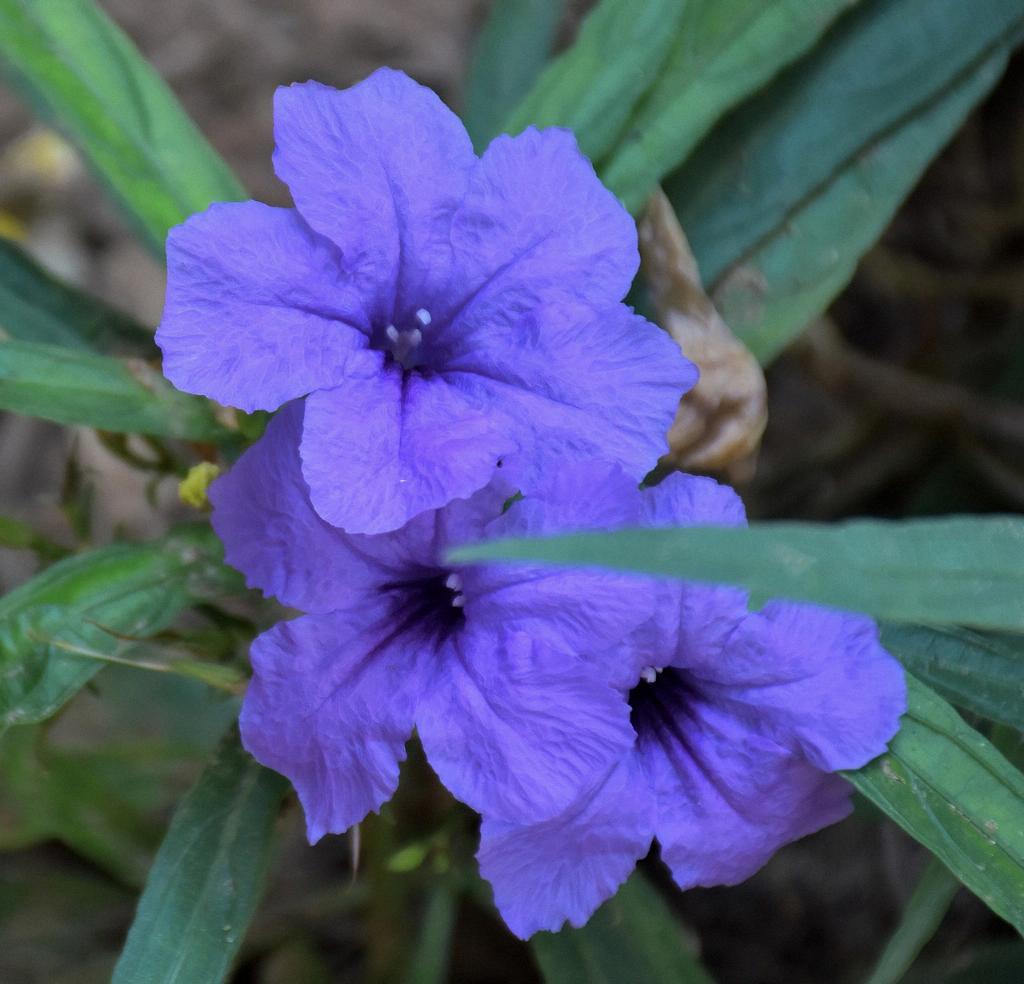If you’ve ever wondered whether petunias can thrive in shaded areas, you’re not alone. Petunias are vibrant flowering plants that are typically known for their love of sunlight. However, when it comes to shade, there are some important considerations to keep in mind if you want to successfully grow petunias in less-than-ideal lighting conditions.
Characteristics of Petunias and Ideal Growing Conditions
Petunias are sun-loving plants that require ample sunlight to bloom abundantly. In regions with subtropical climates, partial shade can be suitable for petunias, but they still need at least 6 hours of direct sunlight daily to thrive. Full shade can pose challenges for petunias, leading to diminished flower production and overall growth.
Exploring Petunias and Shade
When considering growing petunias in shaded areas, it’s crucial to understand the plant’s relationship with sunlight. Petunias rely on photosynthesis to produce energy, and without adequate sunlight, their growth can be stunted. While petunias can tolerate some shade, planting them in full shade may hinder their ability to flourish.
Strategies for Growing Petunias in Shady Areas
To help petunias thrive in shaded spots, consider strategic planting locations. Opt for areas that receive indirect sunlight or dappled shade throughout the day. Adding reflective surfaces or light-colored mulch can also help bounce sunlight back to the plants. Additionally, keeping petunias well-watered and ensuring proper soil nutrition is essential for their growth in shaded conditions.
Best Practices for Growing Petunias
For optimal growth, petunias require a minimum of 6 hours of direct sunlight daily. When planting petunias, choose well-draining soil and provide regular watering to maintain soil moisture levels. Fertilize petunias periodically to promote healthy growth and vibrant blooms. Prune dead flowers and damaged foliage to encourage continuous blooming throughout the growing season.
Common Issues and Solutions
When growing petunias in shaded areas, common problems may include leggy growth, reduced flowering, and susceptibility to pests and diseases. To address these issues, consider supplementing natural sunlight with artificial light sources, trimming leggy stems to encourage branching, and using organic pest control methods to protect your petunias. Keep a close eye on your plants and address any problems promptly to promote their overall health and longevity.
Conclusion
In summary, while petunias prefer full sun for optimal growth and blooming, they can tolerate some shade with proper care and attention. By understanding the relationship between petunias and sunlight, implementing strategic planting methods, and following best practices for petunia care, you can successfully cultivate these colorful flowers in shaded areas. With the right approach, you can enjoy a lush and beautiful display of petunias even in less than ideal lighting conditions.

